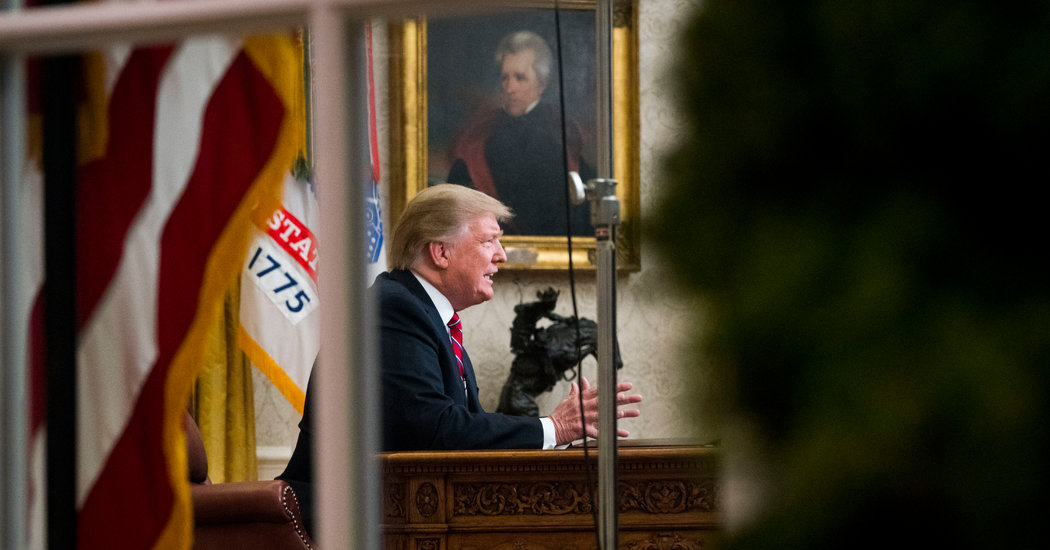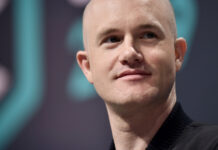A scheduling conflict scotched the meeting, but Mr. Trump raised it again a month later, saying that if Mr. Sessions did not meet, Mr. Lewandowski should tell him he was fired. Mr. Lewandowski assured him that the message would be delivered.
Hours later, the president criticized the attorney general in an interview with The New York Times. While the meeting with Mr. Lewandowski was never held, Mr. Sessions understood his tenuous position and carried a letter of resignation in his pocket every time he visited the White House.
‘Boss Man Worried’
In late June, presidential advisers and lawyers learned about a Trump Tower meeting with Russians during the campaign hosted by Donald Trump Jr., along with Mr. Kushner and Paul Manafort, the campaign chairman. But the president said he did not want to hear about it.
A few days later, at the office of Mr. Kushner’s lawyer, Hope Hicks, the president’s communications adviser, saw emails about setting up the meeting and offering “dirt” on Mrs. Clinton on behalf of the Russian government. In a meeting, Mr. Kushner played down the encounter with the Russians, telling the president it was about adoption.
Ms. Hicks suggested getting ahead of the story by having Donald Trump Jr. release the emails as part of an interview with “softball questions.” She warned that the emails were “really bad” and the story would be “massive” when it broke, but the president again said he did not want to hear about it.
On July 7, while the president was at the G-20 summit meeting in Germany, Ms. Hicks learned that The Times was preparing a story about the Trump Tower meeting. Ms. Hicks, on the flight home from Germany, recommended disclosing the entire story, but the president rebuffed her, saying a draft statement said too much.
Instead, Mr. Trump suggested the statement say that his eldest son had attended a meeting about Russian adoptions.








